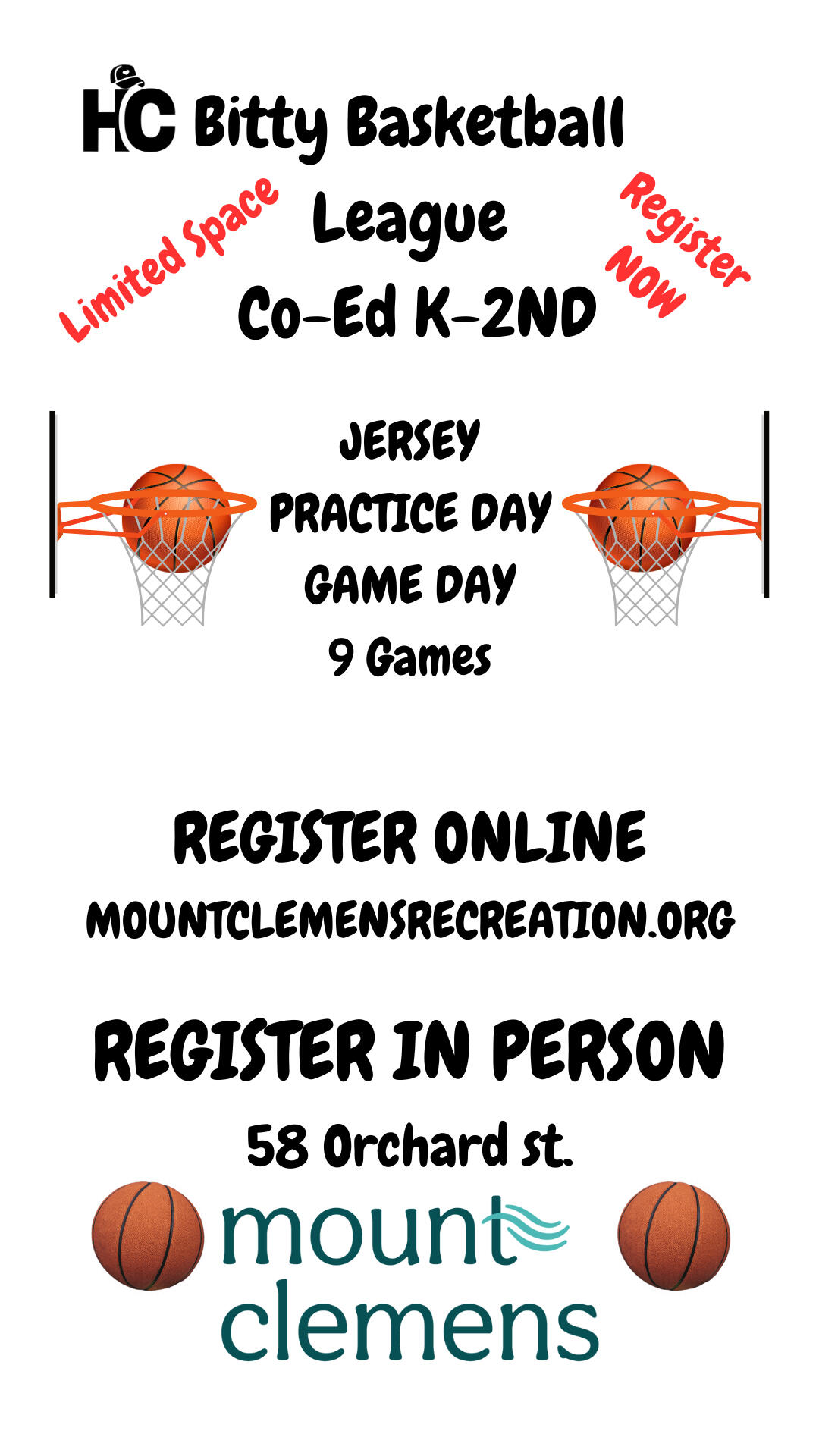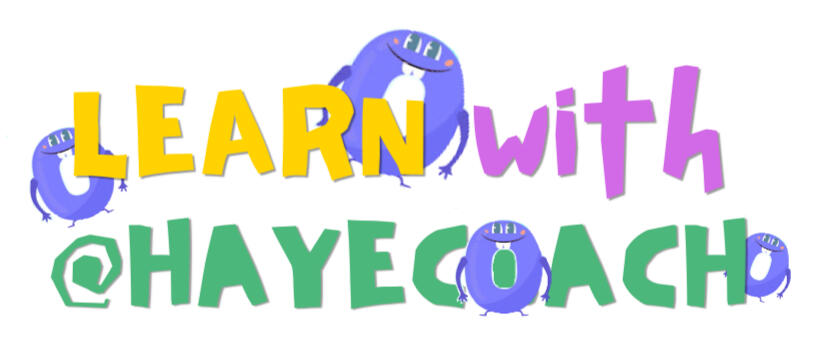Confidence Booster
Y.outh
E.xperiencing
S.ports
Winning to a child:
1. Having FUN
2. Learning the sport
3. You Boosting their confidence with positive reinfocement
Check out the blog below to see how!
Push Button to sign up
For Homeschool P.E.
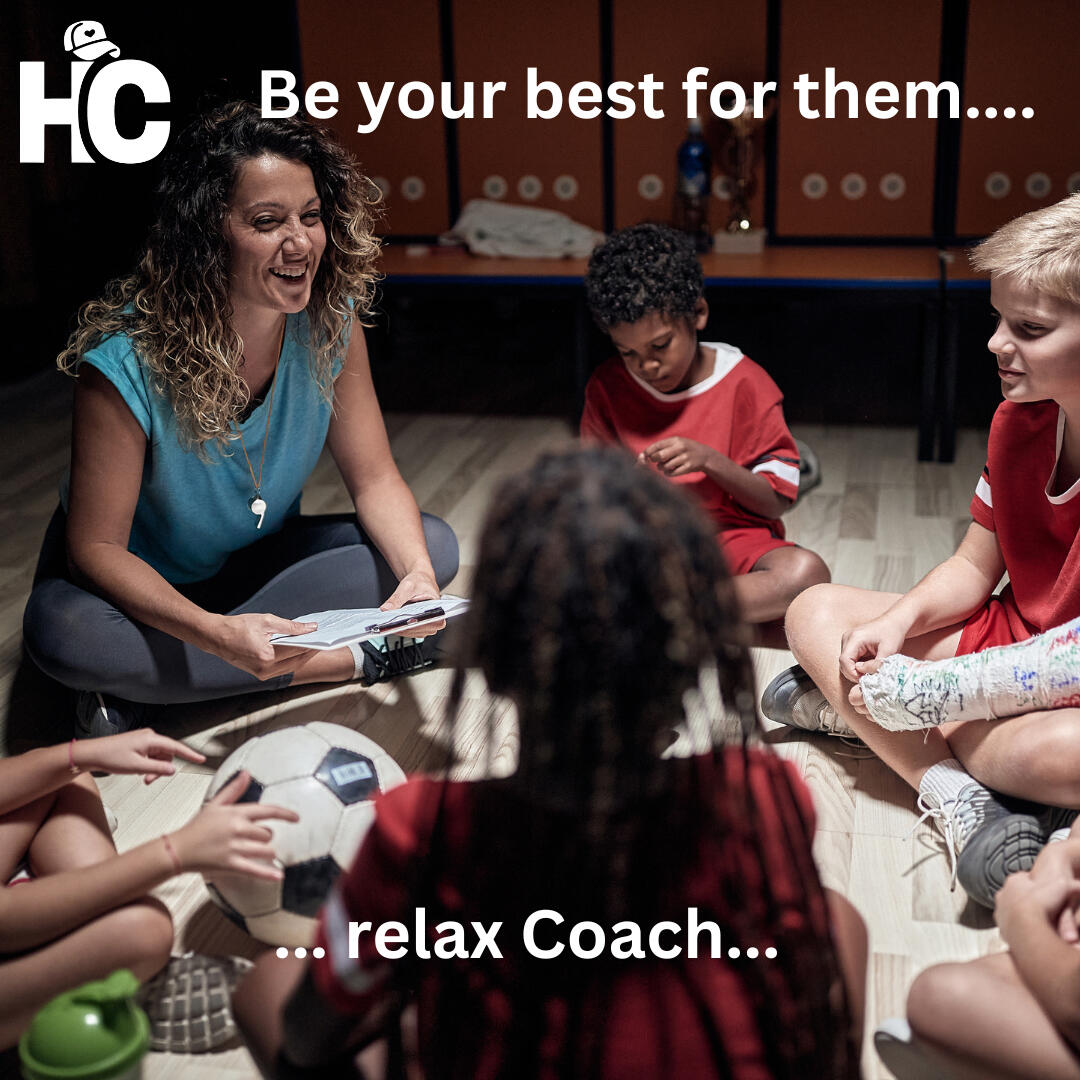
Decompress & Relax
Before & After
Working with Youth Athletes
Working with youth athletes can be a rewarding and fulfilling experience, but it also comes with its own set of challenges and stresses. As a coach or mentor, it is essential to prioritize self-care and find ways to decompress and relax before and after engaging with young athletes. Taking care of your own well-being is crucial to ensuring that you can show up as your best self for your students and provide them with the support and guidance they need.One effective way to decompress after working with youth athletes is to engage in physical activity yourself. Exercise is a proven stress reliever and can help you release built-up tension and improve your mood. Whether it's going for a run, practicing yoga, or hitting the gym, finding time to move your body can have a positive impact on your mental and emotional well-being. Not only does exercise help you physically unwind, but it also allows you to take a break from the demands of coaching and focus on yourself.Another important aspect of decompressing after working with youth athletes is to practice mindfulness and relaxation techniques. Mindfulness involves being fully present in the moment and aware of your thoughts and feelings without judgment. Taking a few minutes each day to meditate, practice deep breathing, or simply sit in silence can help calm your mind and reduce stress levels. By incorporating mindfulness into your daily routine, you can improve your ability to handle the challenges that come with coaching and maintain a sense of inner peace.Creating boundaries between your work with youth athletes and your personal life is essential for maintaining a healthy balance and preventing burnout. Set aside designated time each day to focus on activities that bring you joy and relaxation, whether it's reading a book, spending time with loved ones, or pursuing a hobby. Disconnecting from work-related obligations allows you to recharge and return to your coaching role with renewed energy and enthusiasm.Social support is another key factor in helping you decompress after working with youth athletes. Surround yourself with friends, family, or colleagues who understand the demands of your role and can provide a listening ear or a shoulder to lean on when needed. Having a solid support system in place can offer emotional validation and encouragement, making it easier for you to navigate the ups and downs of coaching youth athletes.Finally, don't forget the power of laughter and humor in helping you relax and unwind after a long day of working with young athletes. Watch a funny movie, listen to a comedy podcast, or share a joke with a friend – finding moments of levity can boost your mood and shift your perspective on any challenges you may have encountered. Laughter is not only good for your mental health but also strengthens your resilience in the face of adversity.
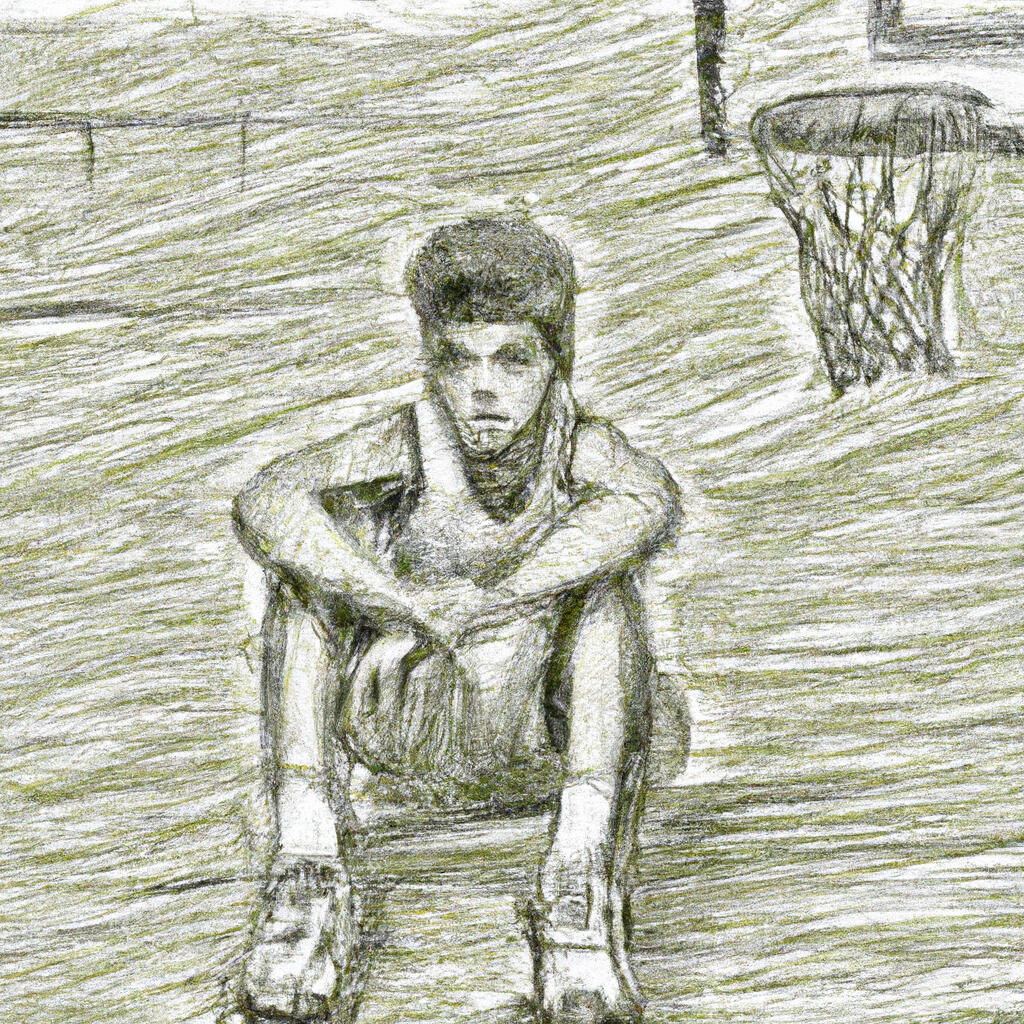
Rediscovering Joy in the GameSo how do we steer this ship back to calmer waters? Let’s start by focusing on skill development, teamwork, and personal growth rather than obsessing over scores and trophies. Imagine practices infused with playfulness and an ethos that celebrates every small victory along the way.Strategies for Coaches and ParentsFor my fellow coaches and parents navigating these turbulent waters, there’s actionable advice we can follow:Emphasize effort over outcomes.
Celebrate the hard work your athletes put in regardless
of whether it ends in victory or defeat.Create an atmosphere where mistakes aren't failures but learning opportunities—a supportive environment where young athletes feel safe to try new things without fear of criticism.Beyond Winning or Losing: The Next LevelA robust sporting environment goes beyond mere win-loss records; it's about developing well-rounded individuals both on and off the medium of play. This includes rotating positions so everyone gets a chance to discover their strengths across different aspects of the game—fostering versatility over specialization. Moreover, adopting game-based learning can significantly enhance engagement levels among children—making learning complex techniques more enjoyable while simultaneously teaching them valuable life lessons such as resilience, teamwork, and healthy competition.The emotional benefits cannot be overstated either; improved self-esteem from overcoming challenges on the field is monumental for kids’ mental health amidst their formative years. Not to mention fostering healthy peer relationships through team dynamics—all crucial elements sidelined when undue emphasis is placed solely on winning........our current approach might churn out excellent individual competitors but at what cost if they lose love for the game by adolescence? Reimagining youth sports towards enjoyment must be our collective goal as coaches or parents—to keep hearts racing with excitement rather than dread before stepping out to play.
Changing the culture around youth sports begins with each one of us—coaches, parents, educators. It's about making every small effort to emphasize joy and love for the game rather than just the outcomes. By fostering environments where mistakes are learning opportunities and achievements are celebrated regardless of scale, we're not only enhancing children’s athletic experiences but also contributing to their overall emotional wellbeing.
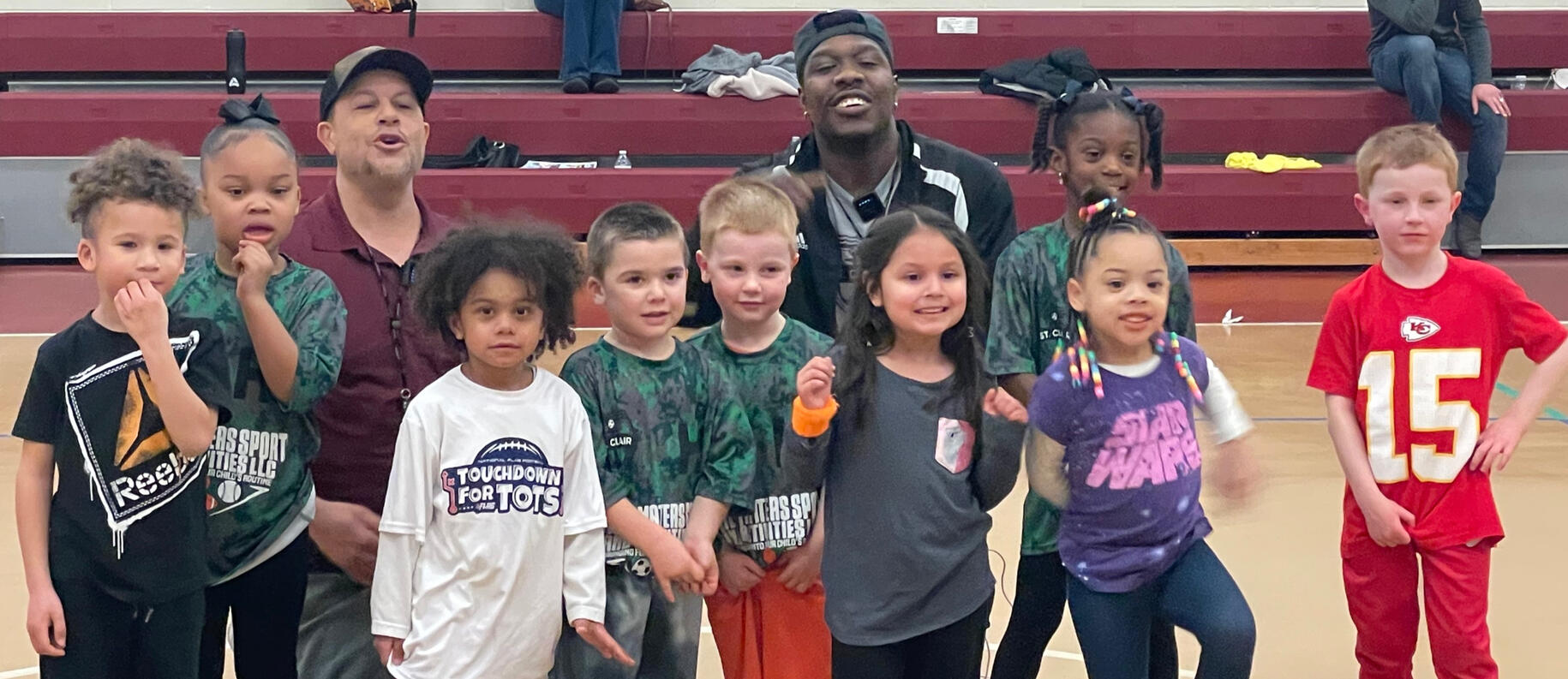
THE SCIENCE OF MOTIVATING YOUNG ATHLETES IN A DIGITAL WORLD... part 1As a youth coach with over a decade and a half of experience training the next generation of athletes, let's talk about what motivates young athletes and the science behind those motivations. With so many digital distractions like video games and social media, what techniques can we as parents and coaches use to keep our kids motivated to play and eager to improve their skills?
That's the key question I want to tackle today by breaking down the latest research on the psychology of youth sports motivation. There's a lot we can learn about how to optimize our coaching and parenting approaches to tap into both intrinsic and extrinsic motivators that will yield results.
I'm going to share the fundamentals centering around making sports fun, promoting personal growth, and leveraging technology appropriately as we guide our young athletes. My goal is to give you practical tips to ignite your child's inner drive and grit to stick with their sport as well as break down some of the science behind the behavior you see in front of you.
First Things First Lets Understand Motivation (you should feed their motivation...)
2 Categories: Intrinsic vs Extrinsic Motivation
Intrinsic motivation - this comes from within. It's how they feel, when they play, when they do something right, or when they've noticed themselves improve, they'll feel it when they score, defend, or assist. It's the enjoyment/satisfaction of being in the game. This inside drive fuels their love of the game and creates that {WANT - - TO PLAY}.Extrinsic motivation - this relies on external rewards and validation like trophies, attention from parents and coaches, getting the W. All obviously very powerful motivators, but what we must question is... will this be sustainable long-term for growth outside of sports, not everything in life will have a trophy or a prize.
It's not an either or ...( you can get with this... or...you can get with that...) naw it's a blended thang.
Research shows we need a combination of both, especially during the building stages of life.
Here's why:
Intrinsic rewards promote and build grit and resilience.
The passion for playing comes from within. (you can do it...
Extrinsic rewards help to shape thoughts of goals to strive for.
External benchmarks allow them to quantify progress.
I have to do this to get to this.
We have to search out that Goldie Locks combo for each child, after all we're different....
Finding the right balance is key. Overemphasizing trophies can, over time undermine internal drive. But... devoid of any external reinforcement, let's be honest kids are likely to lose interest and therefore lose sight of growth opportunities.to be cont... Coach Haye
THE SCIENCE OF MOTIVATING YOUNG ATHLETES IN A DIGITAL WORLD... part 2Survey Says: Make it Fun
Let's Focus on Improvement Over Winning
I know, I know,: Fun don't win games..... CAP.... we all learn easier and faster when we enjoy what it is we are doing to learn. At younger ages... 10 and down, sports should be about effort, enjoying friendships, and self-improvement.
We can save the hardcore focus on wins and losses for when they are developmentally ready, 11/12 or 5th/6th grade.
Measure small gains in skill level, emphasize - fitness... and coordination rather than the W's and L's or points on the board. Praise them for being focused in practice, for asking good questions, or when they support teammates, and especially when they are giving maximum effort.Celebrate personal bests like learning a new move, lower time on sprints, new height on vertical jump, batting average increases, or simply making less mistakes. This fosters an intrinsic desire to play. But more importantly builds inner confidence, (you can do it)Bonding and Camaraderie
The social aspect of sports - building connections and
belonging to a team - is an intrinsic motivator that taps into our
human need to bond.
Families can Organize off-field activities like movie nights, game nights,
or parties to deepen friendships.
Coaches can Spotlight acts of sportsmanship and supporting teammates. Praise not just the star players but the benchwarmers putting in effort.
Making friends gives them another reason to love playing.Don't fight it- - use it - - Digital Motivation ToolsWhile you may want to limit electronics use, some youth sport apps can engage digitally conscious kids. Online Tracking Apps. Apps allow athletes to track fitness benchmarks like speed, agility drills, strength gains and more.
Visual data is highly motivating, being able to see measurable progress... inspires them to keep moving towards their goals. Kids take ownership over their development when they're engaged and when it's fun. Highlight Reels and Videos
Not that you should be stuck on your phone while they play but: Short shareable videos of a player's best moments generates positive reinforcement. Coaches and parents can easily create and text videos during the season rather than relying on trophies at the end. Allowing for that feeling of pride over accomplishments and encouraging them to keep growing. Visible progress will help inspire kids to reach new heights.To bring it all home, both intrinsic joys and extrinsic benchmarks are key to motivating young athletes. By understanding these motivational drivers, we can better support our kids' sports engagement fostering positive Social Emotional Learning in today's digital reality. Making sure sports are fun with a capital F, for our youngest athletes, sets our youth up for lifelong active lifestyles. That love of the game will burn inside even when the scoreboard doesn't go their way.Let me just say:
As parents and coaches, we have enormous influence over our kids' sports experience. So let's be thoughtful about the science of sports psychology as we nurture both intrinsic and extrinsic motivators. Let's Emphasize self-improvement over results, let's foster social bonds between teammates, and let's leverage technology. Find that optimal balance between effort and enjoyment for your athlete, it can be critical during the formative years.
Always remember the time we invest now in creating positive associations with sports pays long- term dividends in building grit, resilience, social skills, and active lifestyles. So let's continue learning how to best support our young athletes in chasing their dreams. Keep it Crakalakin!Coach Haye
CLICK ON THE LINK BELOW TO GO TO OUR ONLINE LEARNING PLATFORM FOR
COACHES AND PARENTS
www.HEYCOACH.ACADEMY
HAYE COACH SPORTS CONNECTION
Push Button to sign up
ARE YOU IN
THE RIGHT PLACE:
Are you looking for your child's next sports adventure?
Are you a parent looking to improve your sideline skills and learn how to become a major CONFIDENCE BOOSTER?
Do you need of CPR certification?
Are you a coach looking to further your expertise in communication?
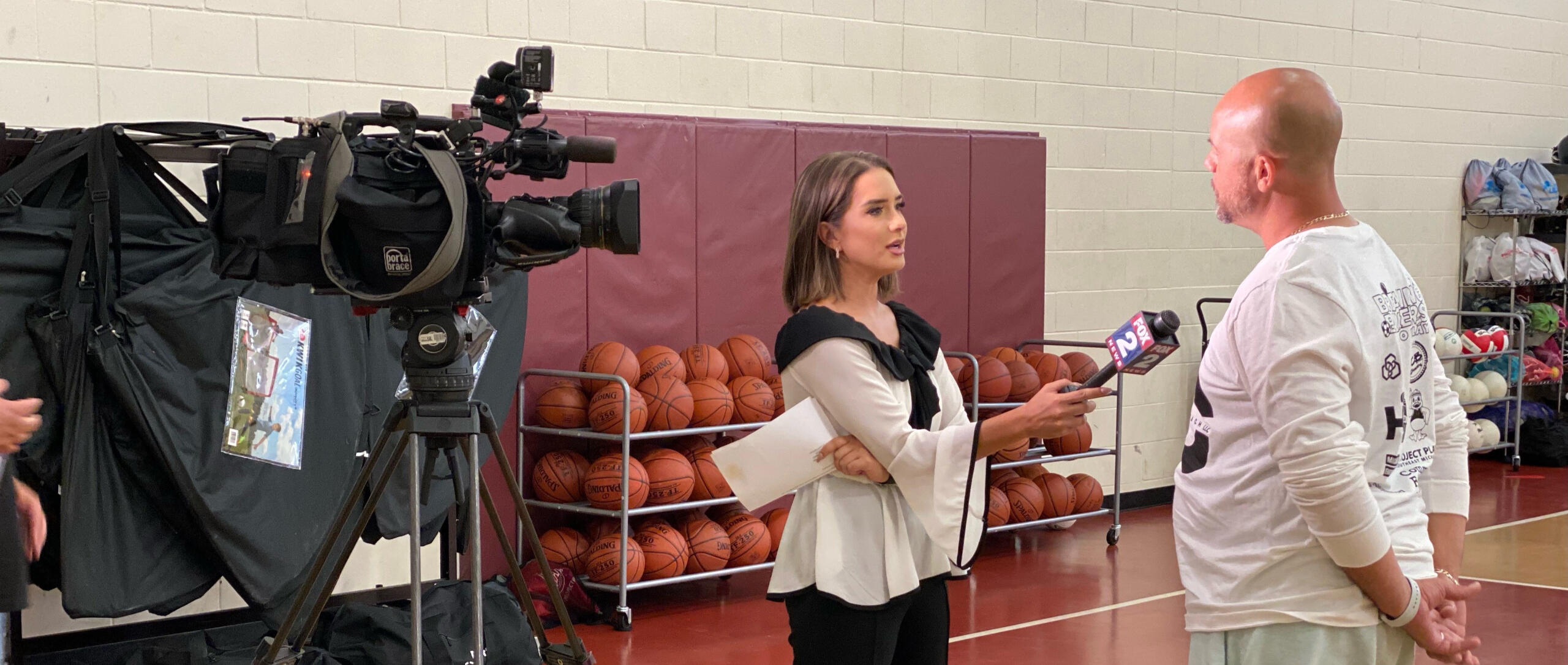
BELIEVE IN YOU!
Hey coach what is your objective?Quality coaches build quality character in the athletes they influence.It is important for a coach to learn the fundamentals:Communication
Motivational Tactics
Disciplinary Tactics
CPR/FIRSTAID/AED
Sports Related Injuries
& MORE...
COACHES
CPR CERTIFICATION

Compassionate Coaches Training can be taken online or in person. If you wish to take the courses on line @ HeyCoach.Academy click the link below.

Hey coach have you ever asked a child these questions?
What is winning to you? What do you like about sports?
1) Having FUN
2) Making new friends
3) Learning something new
These are the 3 most common answers we've gotten when we surveyed children ages 6-12 in our sports leagues and camps.Coaches have you ever asked yourself what makes a child a winner...in LIFE???
Since there is limited space for a child to turn into a college athlete and even less space for a child to reach the professional realms,
how do we ensure children become winners in LIFE, beyond sports?Coaches can sports be used as a teaching tool to aid in the character growth of young athletes?
Can we strengthen their self confidence, aid in the development of social and emotional fundamentals, and be a positive influence on their overall lives and future?
Yes, we believe so.
Coaches and parents of young athletes are in a unique position to Influence quality character traits during a crucial time in a child's growth & personal development. They can gain confidence not only in themselves but also in others from a positive experience in sports.
Can quality sports help a child develop positive character traits through S.E.L. (Social Emotional Learning) in their peer group?Our solution:
Coaching the Player.
Step 1. You've already found HayeCoach.com our blog will give you helpful tips to build your fundamentals.
Step 2. www.HeyCoach.Academy
Our online modules that breakdown the essential fundamentals that any coach working with youth athletes should know.
Fundamental training for coaches and parents to learn how to coach and support the player, not just coach the sport.
Coaches need the fundamentals to be empathetic towards their players & to be equipped with communication fundamentals that build confidence. Coaches need to understand the developmental stages that children are undergoing at the time they are interacting with them.
The user experience a child has in playing a sport can be amplified by the knowledge the adults associated with that sport have.
Thanks @HayeCoach
DO YOU WANT TO COACH OR VOLUNTEER FILL OUT FORM BELOW.
SEND US A MESSAGE IF YOU NEED TO HIRE A COACH/REFEREE
Push Button to sign up
BELIEVE IN YOU!
Let's take learning to the next level. Get your FUNdamentals for early education in a FUN and interactive way that stimulates the body while stimulating the mind for not only better results but a lot more enjoyable experience for the child/student and the parent/teacher.
Throughout history songs have always given us information. It only makes sense that we would continue to use a format that has stood the test of time. It makes further sense that we would make the whole experience FUN!!!!! @HayeCoachCHECK OUT OUR LEARNING PLATFORM FOR
COACHES & PARENTS
@ www.HeyCoach.Academy powered by HAYE COACH LLC
link below
Social Media for Learn With @HayeCoach
COACHES SURVEY
PHYSICAL EDUCATION
FOR YOUTH
Look for the date that is circled and click on circled date. If there is no date circled this is indicating the session is full. To sign up for our waiting list fill out the form below the calendar.
If class date is full Join the Waiting list Below. We will contact you via text message about vacancies or new programming dates

We currently offer Bitty Basketball K-2nd Grades. If you have a child that is 3rd-4th or 5th-6th fill out the form below.
